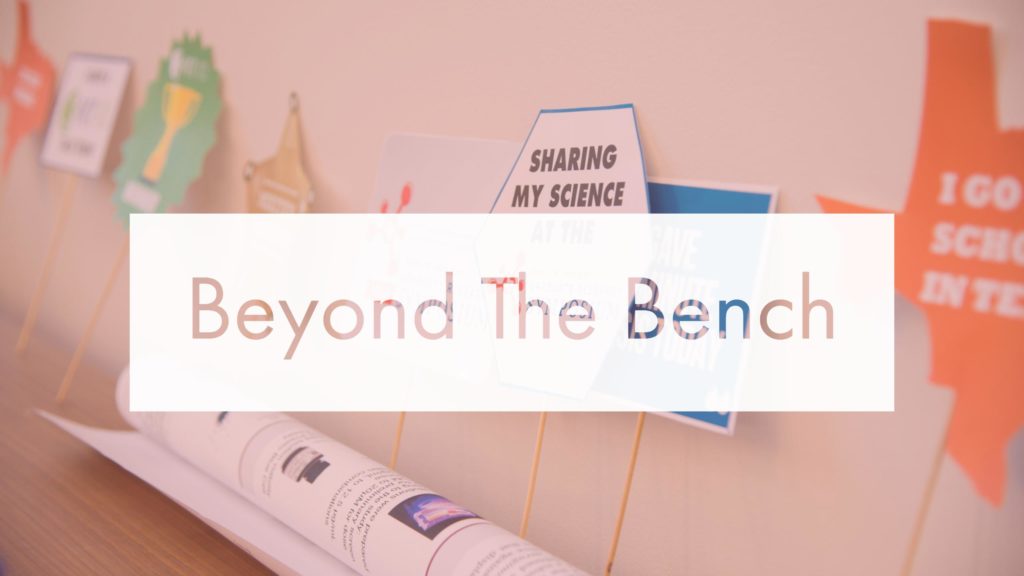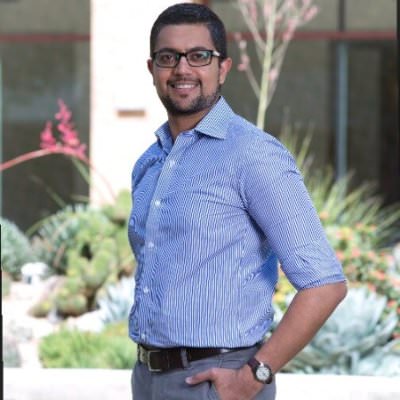Lost in Translation: Politics, Science, and Bad Communication

Our country has undergone unprecedented political changes that have increased the gulf between not only D.C. politicians, but also between everyday American citizens. This climate of mistrust has brought about paranoia, vicious political dueling, and even outright censorship. The lack of political unity on Capitol Hill is mirrored nationally by the anger and frustration of many Americans.
“Forgotten America’s” dissatisfaction is predicated upon both real and perceived grievances, which I won’t go into. However, the dissatisfaction has led to a suspicion of anything even perceived as contrary to the concerns. Regretfully, the scientific enterprise, which is and should be a non-partisan issue, is caught in the crossfire. Further, there is a palpable distrust of scientific opinion. Given these issues, are scientists effectively communicating with politicians and American citizens about the unbiased nature and importance of science? Or are we sending the wrong message? I believe the latter.
Regretfully, the scientific enterprise, which is and should be a non-partisan issue, is caught in the crossfire.
Most people hailed the March for Science a success. While the turnout was nearly as impressive as the event’s intentions, I believe that it may hurt science by mixing with and being diluted by other politically charged messages. Politicization of science will only hurt its non-partisan nature and will reinforce the incorrect notion that science is a special interest group, thereby increasing polarization. Rather than protesting nationally, scientists should engage with fellow citizens at the local level in town hall-style meetings with fellow citizens to exchange concerns, as pointed out in a recent New York Times article (http://tinyurl.com/hujtu7j).
Political commentary by both scientists and supporters of science could very well backfire. For instance, while Bill Nye’s new Netflix show seeks to win the general American public over to science, could it be secretly undermining its own objectives by trivializing science? Quite possibly so.
Rather than protesting nationally, scientists should engage with fellow citizens at the local level in town hall-style meetings with fellow citizens to exchange concerns.
Could Jimmy Kimmel’s heartfelt and personal plea (http://tinyurl.com/kmgbgse) for healthcare reform, which was well-meaning and sympathetically received by most Americans, be viewed as a publicity stunt by some? It indeed was. While the popularization of otherwise importance science issues in popular media increases awareness and support, it can lead to black-and-white thinking and create further entrenchment.
So, what should we do?
- First, supporters of science must be careful with their rhetoric so as not to increase the already gaping chasm.
- Second, scientists must learn to communicate their message simply, as decried by a former U.N. chief (http://tinyurl.com/moktx3t).
- Third, scientists must also learn to effectively frame their arguments within the context of what their detractors would be most receptive to (http://tinyurl.com/kfy2vrv).
- Finally, scientists must learn to acknowledge contrary ideas, rather than disparage and vehemently repudiate their mere existence.
Taken together, these steps will meet greater future success and goodwill than current short-sighted approaches.
 Ahsan Choudary is a student in the Translational Science Ph.D. program. He was also the 2016 Presidential Ambassador Scholar for the Graduate School. The “Beyond The Bench” series features articles written by students and postdoctoral fellows at the Graduate School of Biomedical Sciences at The University of Texas Health Science Center San Antonio.
Ahsan Choudary is a student in the Translational Science Ph.D. program. He was also the 2016 Presidential Ambassador Scholar for the Graduate School. The “Beyond The Bench” series features articles written by students and postdoctoral fellows at the Graduate School of Biomedical Sciences at The University of Texas Health Science Center San Antonio.
